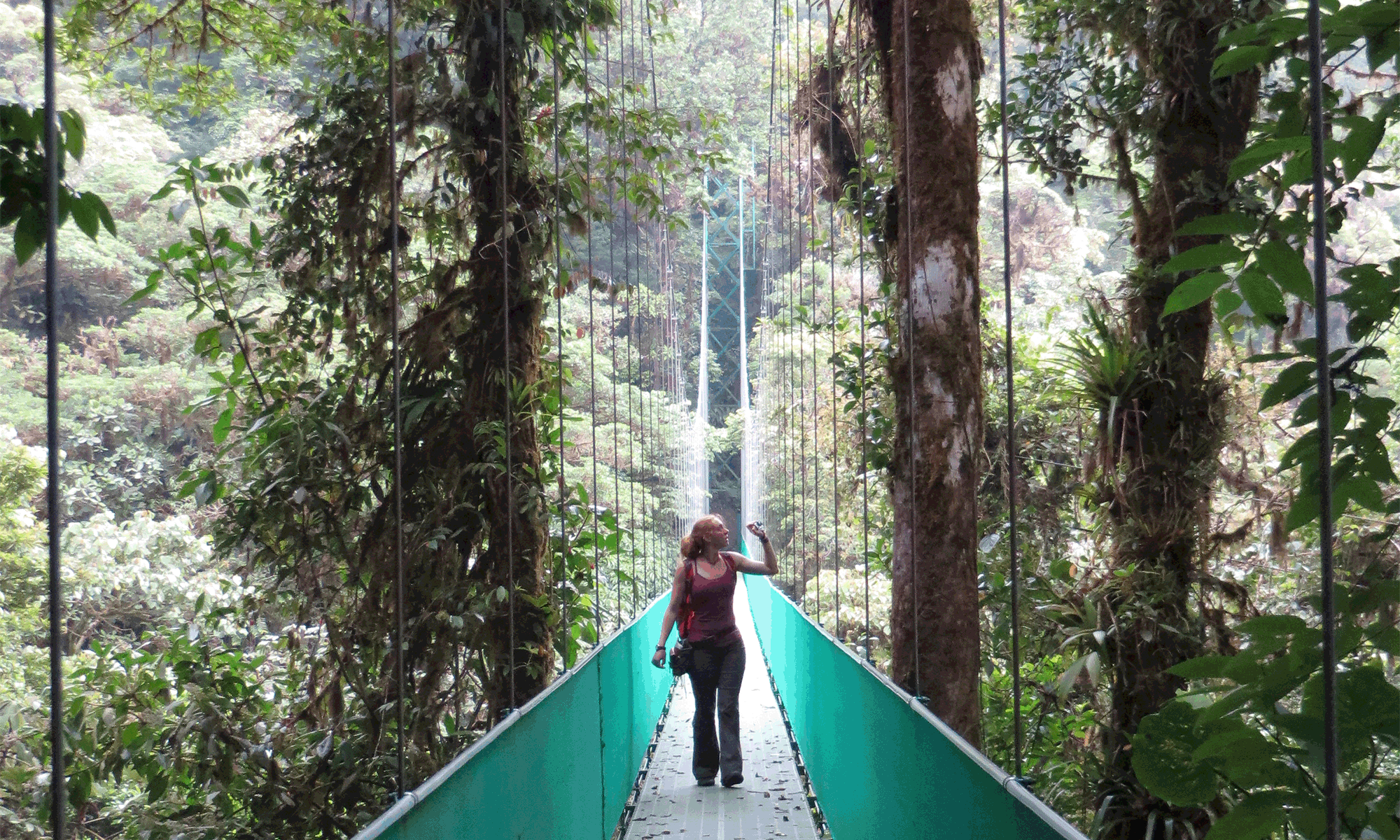Charles Darwin is famous for his insights in to natural selection and evolution, but he would also be famous for quotes that evolved 😉 .
Darwin’s quotes have taken on a life and evolution of their own… Darwin is frequently misquoted, especially about natural selection …
… let’s explore…
The entire quote by Darwin from “On the Origin of Species” –
“As many more individuals of each species are born than can possibly survive; and as, consequently, there is a frequently recurring struggle for existence, it follows that any being, if it vary however slightly in any manner profitable to itself, under the complex and sometimes varying conditions of life, will have a better chance of surviving, and thus be naturally selected. From the strong principle of inheritance, any selected variety will tend to propagate its new and modified form.”
Darwin also commented in “On the Origin of Species” –
“I have called this principle, by which each slight variation, if useful, is preserved, by the term natural selection, in order to mark its relation to man’s power of selection. But the expression often used by Mr. Herbert Spencer, of the Survival of the Fittest, is more accurate, and is sometimes equally convenient.”
…which is where we got the phrase “survival of the fittest”.
…and, at a convention in 1963, a professor at Louisiana State University, Leon Megginson, interpreted Darwin –
” According to Darwin’s Origin of Species, it is not the most intellectual of the species that survives; it is not the strongest that survives; but the species that survives is the one that is able best to adapt and adjust to the changing environment in which it finds itself.Applying this theoretical concept to us as individuals, we can state that the civilization that is able to survive is the one that is able to adapt to the changing physical, social, political, moral, and spiritual environment in which it finds itself.”
…which he followed up, in 1964, with streamlining to –
“It is not the most intellectual of the species that survives; it is not the strongest that survives; but the species that survives is the one that is able to adapt to and to adjust best to the changing environment in which it finds itself……so says Charles Darwin in his “Origin of Species.””



 Today the world celebrates World Wetlands Day!
Today the world celebrates World Wetlands Day!










